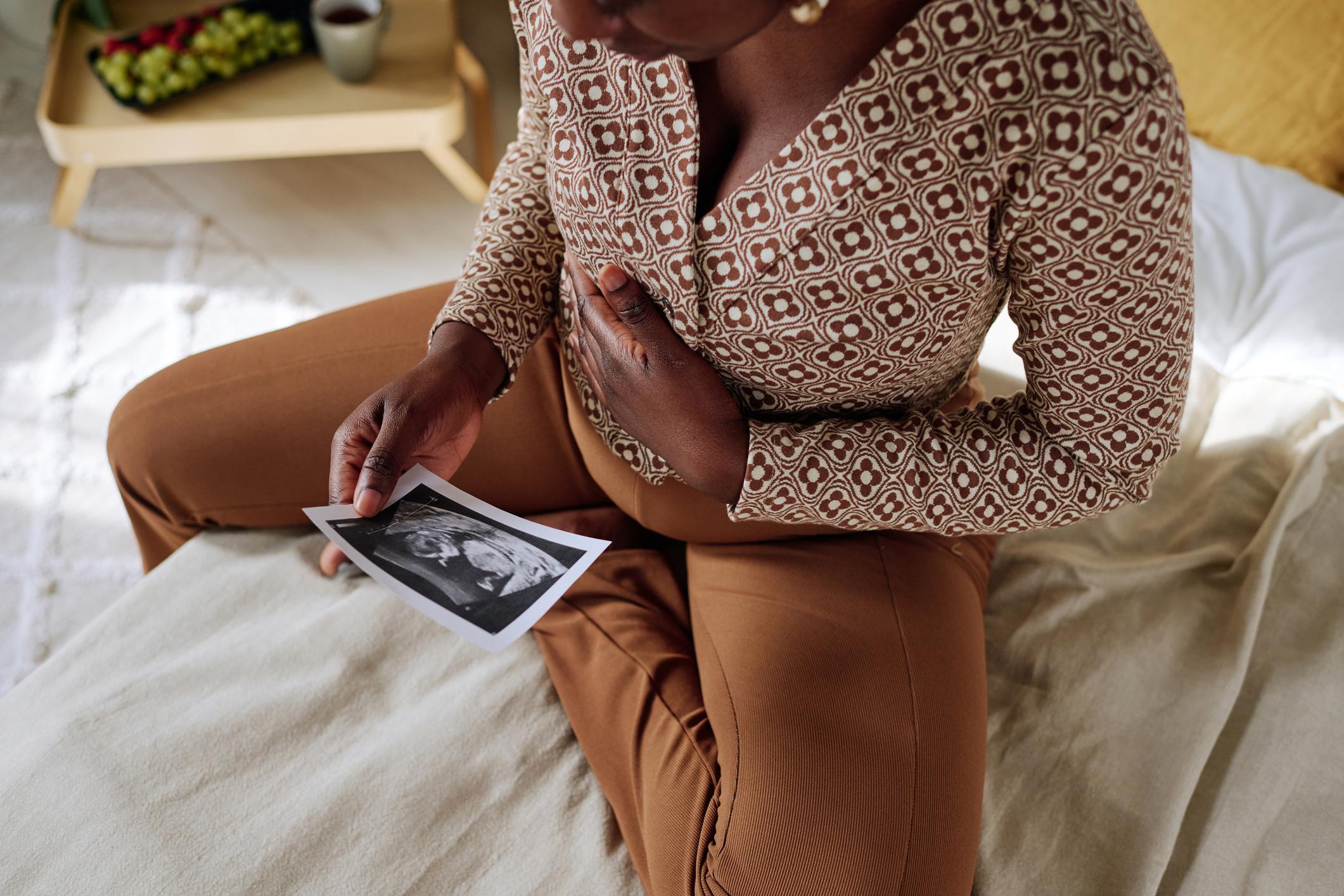A British study revealed that 20% of women who had their first baby through IVF become pregnant naturally for subsequent pregnancies.

- Assisted Reproduction Technique (PMA), in vitro fertilization (IVF) makes it possible to reproduce the different stages of natural fertilization in the laboratory.
- A British study has observed that one in five women become pregnant naturally after having their first baby conceived through IVF.
- The results of this study contradict the belief that a natural pregnancy would be unlikely after IVF.
In vitro fertilization is a technique of Assisted Medical Procreation (ART), which aims to recreate the different stages of natural fertilization in the laboratory by optimizing the chances of having a baby. In France, it is authorized for single women, heterosexual or homosexual couples.
20% of women would have a natural pregnancy after a first child born by IVF
When she has already undergone fertility treatment, it is considered “rare” that a woman can become pregnant naturally. However, researchers from University College London (ULC) recently found that 20% of women who underwent IVF to conceive their first child are likely to become pregnant naturally for their next babies. This research was published in the journal Human Reproduction.
To reach this conclusion, the researchers analyzed data from eleven studies including more than 5,000 women, which were conducted between 1980 and 2021. The objective was to determine the frequency of natural pregnancies after a baby conceived with a treatment of fertility.

“Our results suggest that natural pregnancy after IVF delivery is far from uncommon”
According to their results, one in five women became pregnant naturally within three years of giving birth to their first child conceived through IVF. This figure did not vary according to the different types of treatment, sterility and duration of follow-up.
“Our results suggest that a natural pregnancy after delivery following IVF is far from uncommon. this is a highly unlikely event (…) Knowing what is possible would allow women to plan their families and make informed choices regarding the continuation of fertility treatment and/or contraception”pointed out Dr Annette Thwaites, lead author of the study and researcher at UCL’s Institute for Women’s Health.















